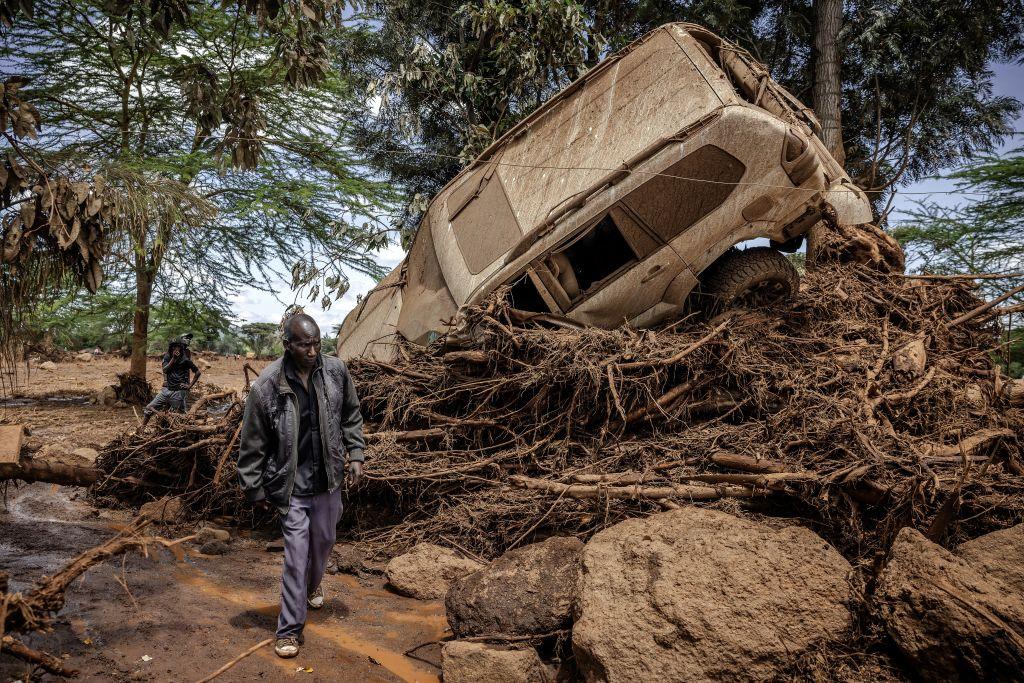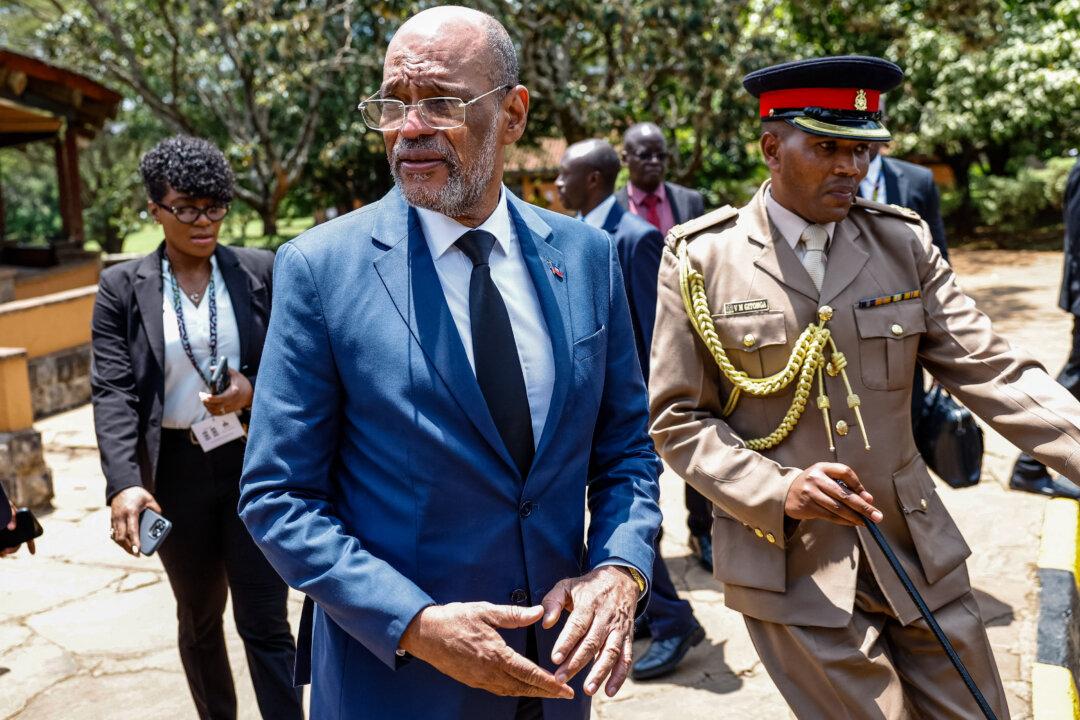MAI MAHIU, Kenya—When Peter Muchiri bought his 5-acre piece of land in 1969 in Kanairobi village in the settlement of Mai Mahiu, Kenya, it was completely forested with a cool climate and frequent rains.
Muchiri built a permanent house on his plot, but says it is no longer conducive for him to live in it with his family, who have opted instead to live in Banana Hill in the neighboring Kiambu County.





